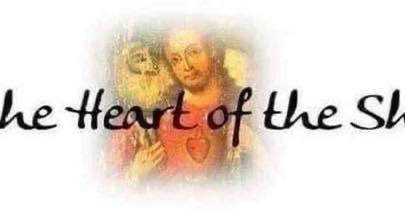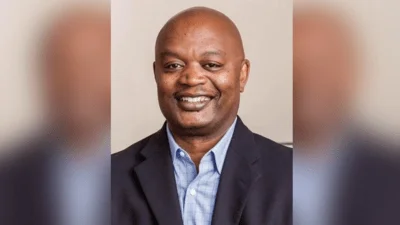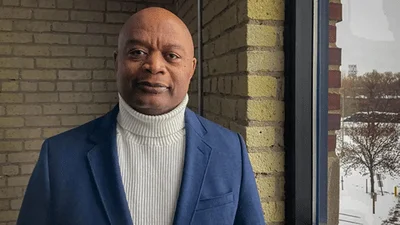So Much Isaiah, So Little Time Advent is about new beginnings.
We have just begun a new liturgical year, and this season is dedicated to preparing ourselves for the coming of Christ at Christmas when Jesus was born, and a new hope dawned on the world. Even though the physical world around us lies dormant and blanketed with snow, our hearts and minds naturally gravitate toward what is fresh and new.
We all need a new beginning – a fresh start. The Advent season should fill us with the hope that this is possible! Each of us falls short, and our selfish inclinations improve, damaging ourselves and those around us. But Christ comes with his saving grace to redeem our failures and fill us with new life.
We don’t always experience this hope in a natural sense. At times, our hearts seem to have fallen dormant as well. We might experience anxiety and worry or even discouragement. We see our brokenness and weakness and recognize our inability to give ourselves the fresh start we long for. Sometimes this realization can make it seem like the light of Christ is distant and unreachable.
The Prophet Isaiah
This was the situation of God’s Chosen People during the time of the Prophet Isaiah. After centuries of internal divisions and amid a volatile political environment, the people of Judah were unsure of themselves. They desperately wanted to regain stability as a nation, and Isaiah was sent as a messenger to show them how to do that – by learning to put all of their trust and confidence in God.
The Church, in her wisdom, gives us the prophecies of Isaiah during Advent and at all of the Christmas Masses. God sent Isaiah to strengthen the hope of Israel's people and build joy in them. He can do the same for us during this season.
In our first reading today, Isaiah proclaims, “Be strong, fear not! Here is your God…He comes to save you.” [Is 35: 4] Isaiah reminds the people of Israel that it is only God who can “strengthen the hands that are feeble [and] make firm the knees that are weak.” [Is 35: 3] Of course, that doesn’t necessarily mean physical strength, but something much deeper that reaches the soul.
Unfortunately, those to whom Isaiah was sent refused to accept his message. They didn’t think they needed a saviour. They thought they could save themselves and trusted in pagan idols and rulers, looking to them as a source of hope and happiness rather than God.
All generations have faced the same temptation. Maybe it is even greater today when there is a tendency to look to science and technology for all the answers and view God as irrelevant. We are tempted to try to be our own saviours. We act as if we can manufacture our own happiness rather than accepting God's graces and finding absolute joy in abandoning his holy and perfect will.
Christ Fulfills the Prophecies
Our Gospel today points to the example of St John the Baptist, who was also considered last week. Remember that he had hoped and trusted in the prophecies of Isaiah. He has done his best to prepare the way for the Messiah. And at the end of his life, he asks the big question of our Lord: “Are you the one?” [Mt 11: 3] He asks for assurance, after a life of trust, that Jesus is the Savior they have been waiting for. Our Lord replies gently and lovingly, saying, “Go tell John what you hear and see.” [Mt 11: 4] Jesus has come to heal the body and soul. He is the One who has come to give us new life.
The Church is wise in giving us so much Isaiah during the seasons of Advent and Christmas. These seasons focus on the birth of the Savior, pointing to the fulfilment of the promises of redemption and salvation that Isaiah preached. Today we are invited to pause and savour these promises and their initial fulfilment in the birth of Jesus. But we are also invited to look forward to the final fulfillment of these promises when Jesus comes again at the end of history.

Original source can be found here.


 Alerts Sign-up
Alerts Sign-up